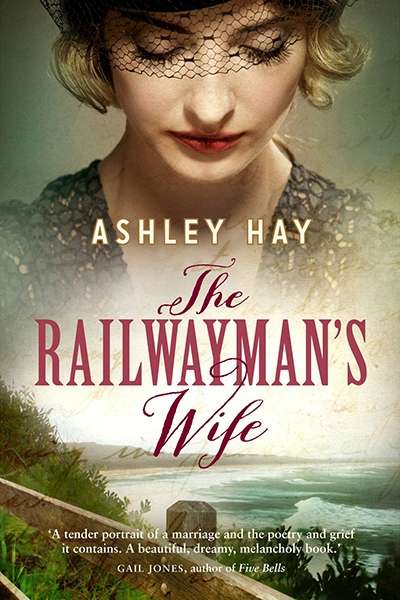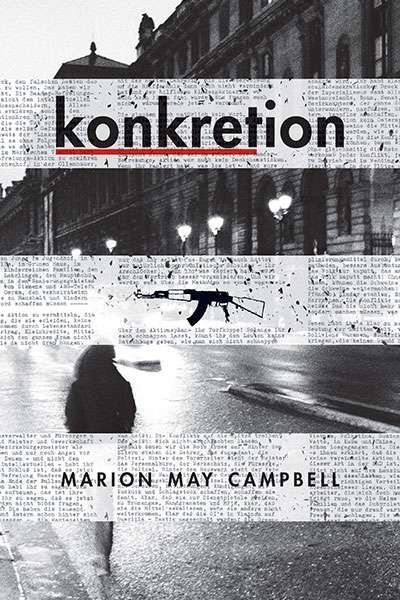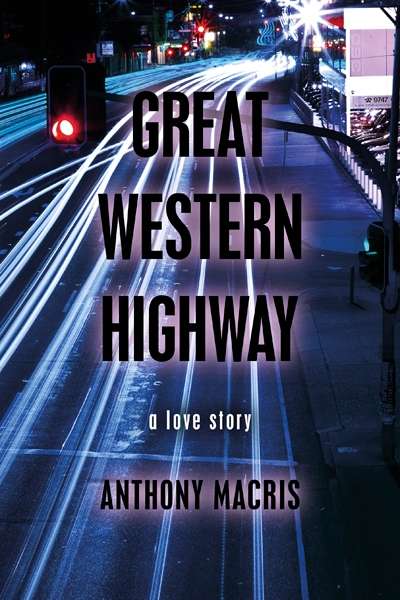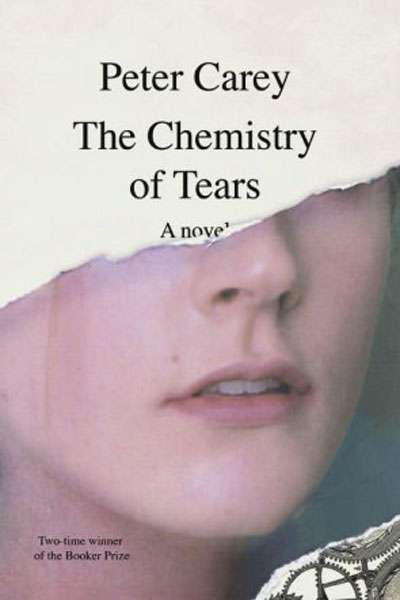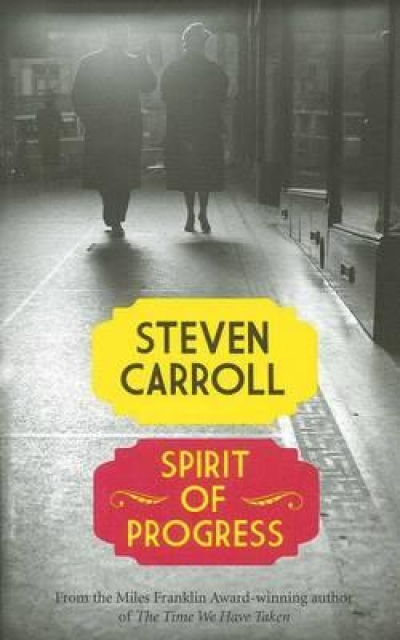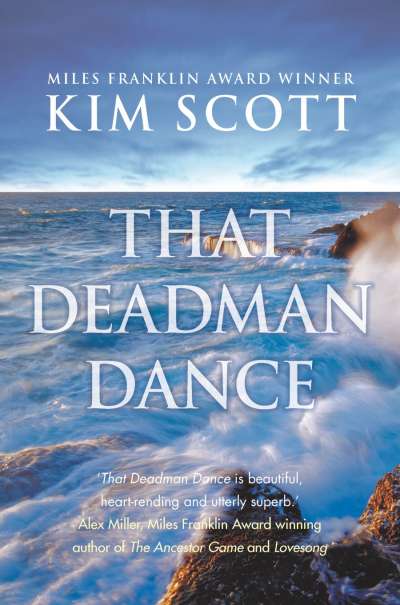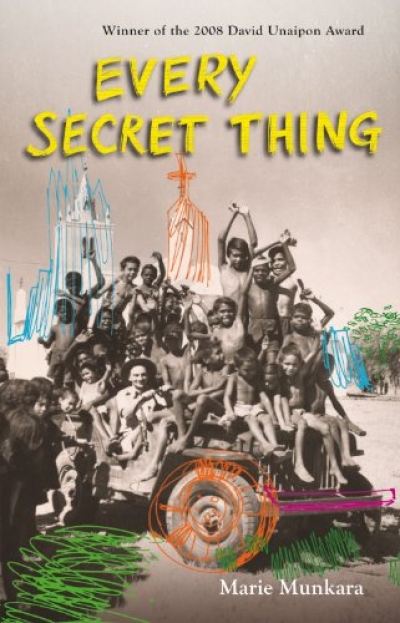Patrick Allington
Great Western Highway: A Love Story (Capital, Volume One, Part Two) by Anthony Macris
Soon after the announcement of the shortlist of this year’s Miles Franklin Literary Award (‘the Miles’), bookmaker Tom Waterhouse installed Anna Funder’s All That I Am (2011) as favourite. Fair enough, too: it’s an astute and absorbing Australian novel about, among other things, Nazism’s long shadow. But Waterhouse favoured Funder – oddly – because her non-fiction book Stasiland (2003) won the Samuel Johnson Prize in 2004. He asserted – debatably, even if it proves correct in 2012 – ‘a strong positive correlation’ between the Miles and the Australian Book Industry Awards. Most interestingly, he noted that the administrators of the Miles, The Trust Company, have now authorised the judges to extend their interpretation of Australianness beyond geography.
... (read more)‘Arran Avenue, Hamilton, Brisbane, Australia ... Why Australia? What is Australia, anyway?’
(Dante, in David Malouf’s Johnno)
Some footy talk before the book chat: I saw Wayne Carey play once, in Adelaide. He was a puppeteer that day. You would have needed a panoramic view – television doesn’t capture ...

